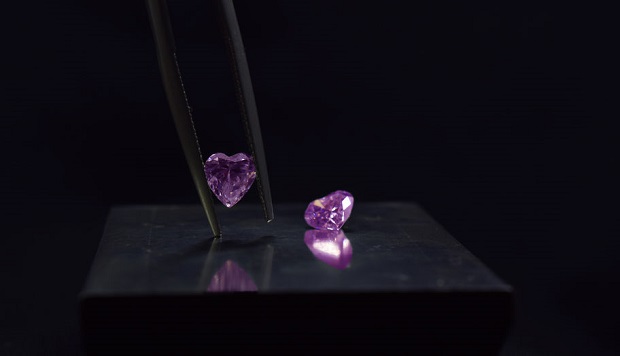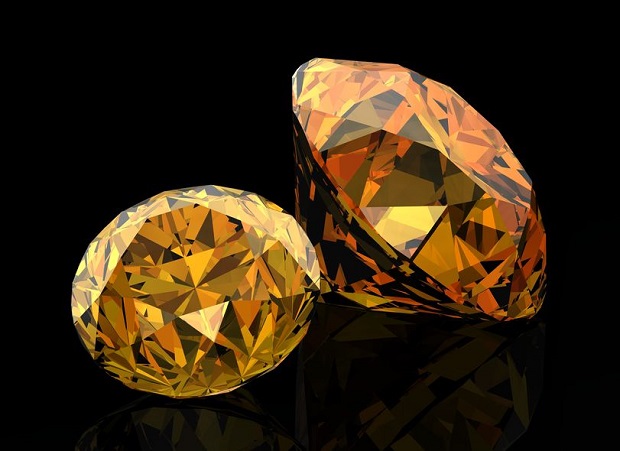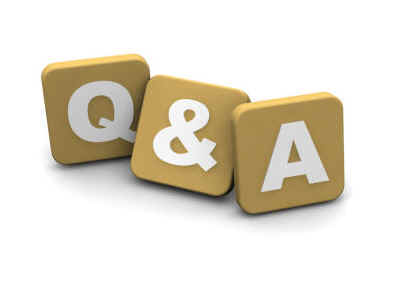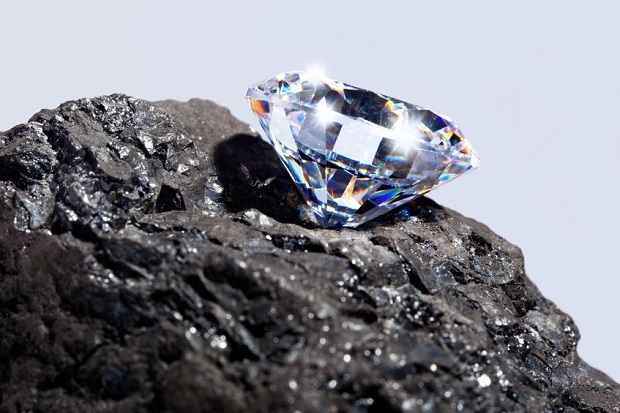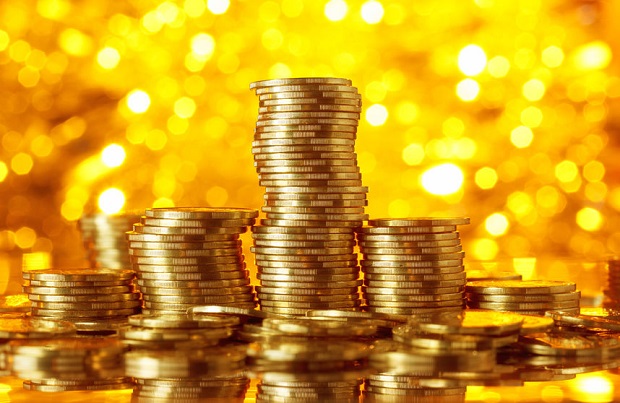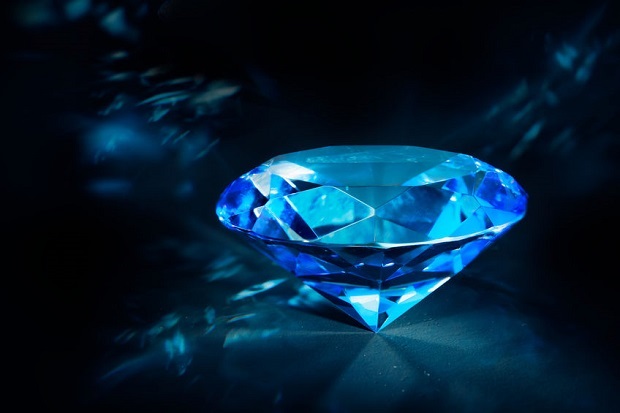
What Makes Diamonds Blue?
Fluorescence can make a colorless diamond glow blue, but the addition of the element boron gives a blue diamond its color.
Jump Ahead
- How Diamonds Get Their Color
- What Is Fluorescence?
- When Does Fluorescence Occur?
- The Largest Blue Diamond in the World
- Resources
How Diamonds Get Their Color
Colored diamonds are rare at a ratio of one colored diamond for every 10,000 colorless diamonds. Colored diamonds occur in various colors, including yellow, brown, gray, orange, green, blue, white, black, purple, pink, and red. For a diamond to be colored, it must contain the addition of a trace element, as is the case with the blue diamond, which contains boron.
What Is Fluorescence?
Fluorescence is the term given to diamonds that glow in colors such as blue, yellow, orange, green, or a combination of these colors. Twenty-five to thirty-five percent of all diamonds have some strength of fluorescence.
When Does Fluorescence Occur?
Diamonds are composed of pure carbon arranged in lattice-like crystal structures. Fluorescence occurs when one or more carbon atoms are missing. These missing atoms are sometimes replaced by nitrogen atoms that are visible when exposed to ultraviolet rays. The number of nitrogen atoms determines the color of the fluorescence. For instance, one nitrogen atom will appear yellow, while three nitrogen atoms will give a diamond a blue glow.
The Largest Blue Diamond in the World
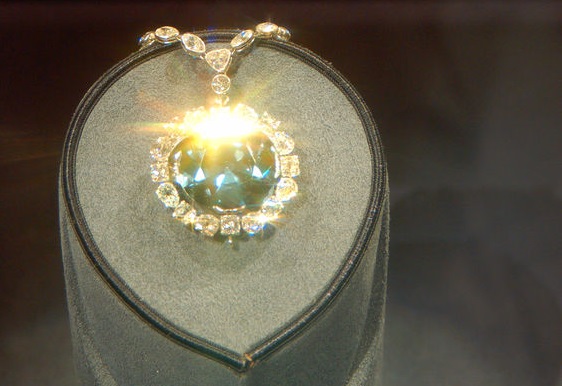
“© kirkikis/123RF.COM”
Once a 112-carat sapphire blue gemstone and believed to be part of Louis VIX French crown jewels, the Hope Diamond was cut into a 67-carat heart before being stolen in 1672. What is now known as the Hope diamond on display in the Smithsonian reappeared as a 45.5-carat diamond named after its owner, Thomas Hope.
Resources
- Gemological Institute Of America – “About Fluorescence.” Gemological Institute Of America
- College of Natural Resources – UC Berkeley – “Diamonds and Diamond Simulants.”
- Encyclopædia Britannica – “Hope Diamond.“
